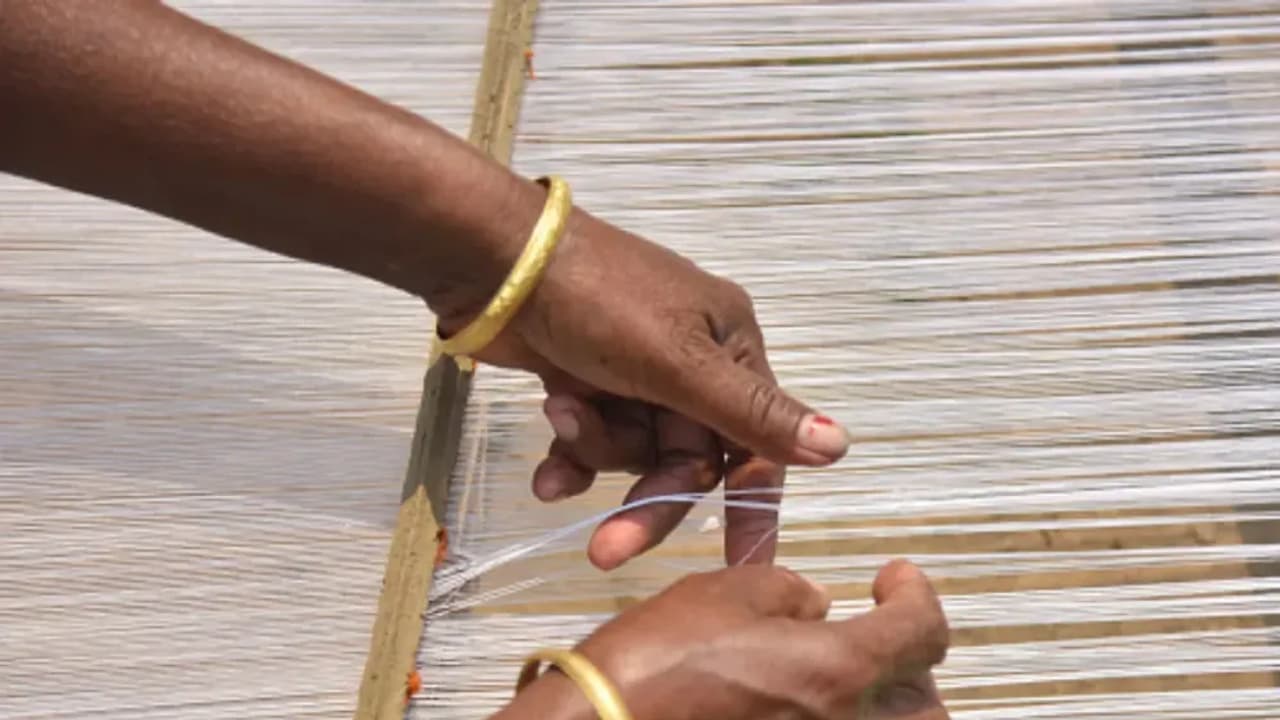The new order pushes back the earlier Sept. 30 deadline by three months.
India has extended its exemption on cotton import duty until Dec. 31, providing much-needed relief to the textile and garment sector, which has been reeling from steep U.S. tariffs.
The government order, issued Thursday, pushes back the earlier Sept. 30 deadline by three months. The move suspends the 5% basic customs duty, the 5% agriculture infrastructure and development cess, and the 10% social welfare surcharge, resulting in an effective 20% levy on cotton imports.
Tariff Relief?
The extension comes just as the U.S. formally doubled tariffs on Indian exports, raising duties on garments, jewelry, and leather products. The U.S. is India’s largest market for garments, valued at nearly $22 billion in 2024, where India holds a 5.8% market share.
Major U.S. retailers, including Walmart, Target, Amazon, and H&M, had reportedly requested that Indian suppliers delay shipments, creating uncertainty across the sector. The tariffs are expected to provide a boost for competitors, including China, Vietnam, Bangladesh, and Indonesia.
According to government officials, the exemption is expected to enhance raw cotton availability, stabilize prices, and mitigate inflationary pressure on finished textiles. The relief is expected to benefit the entire textile value chain, from yarn and fabric to garments.
Stocks in Focus
Textile stocks were mixed in mid-day trade. At the time of writing, shares of Welspun Living (-0.6%), Raymond (-2.5%), Arvind (-1%), Kitex Garments (-3.2%), and Vardhman Polytex (-0.3%) were under pressure, while Vardhman Textiles (+6.2%), Nitin Spinners (+0.7%), Ambika Cotton (+1.5%) were trading higher.
Long-term Outlook
Despite tariff headwinds, India has set an ambitious target of $100 billion in textile exports by 2030. In the first half of 2024, India’s textile and apparel exports to the US rose 12% to $5.36 billion, ranking third behind Vietnam and China. However, industry players warn that unless tariff disadvantages are addressed, India risks losing market share to its regional competitors.
For updates and corrections, email newsroom[at]stocktwits[dot]com. <
